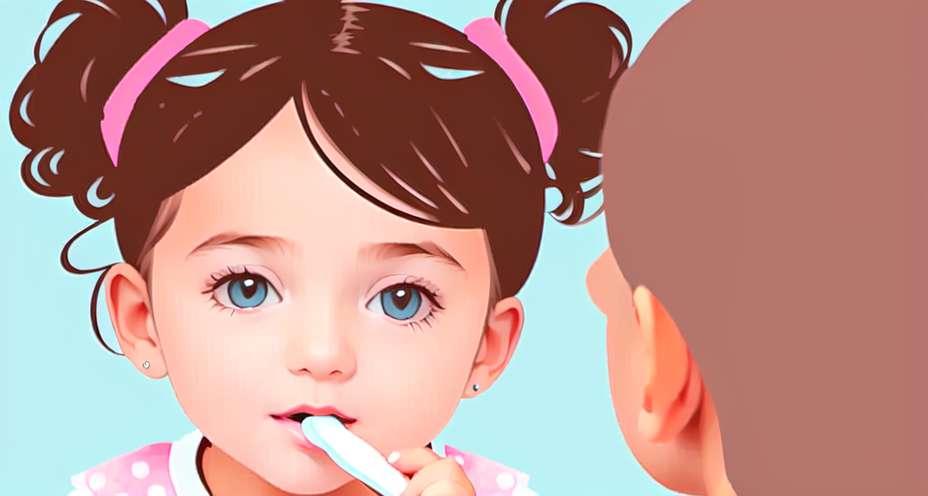Learn to fight muscle pain
April 2024

According to the National Center for Information on Child Abuse and Neglect in the United States, the possibility of emotional abuse should be considered when the child is:
On the other hand, it is necessary to consider the possibility of emotional abuse when the father, mother or other person who takes care of him:
The expert team of the North American organism thinks that, although not all the victims of the abuse and the negligence experience changes in their behavior or in their way of acting, long-term consequences are more likely to occur, for example:
Difficulties during adolescence. Several studies have concluded that children with abuse or neglect have at least a 25% chance of getting into trouble with crime, drugs, poor academic performance, and even teenage pregnancy.
Juvenile delinquency and adult criminality. Children with abuse or neglect are more likely to be arrested for criminal acts before reaching the age of majority; of being arrested for violent or criminal acts as adults, and of being arrested for one of several types of violent crime as adults or minors.
The abuse of alcohol and drugs. Researchers have shown again and again that children with abuse or neglect are more likely to smoke, abuse alcohol or use illicit drugs during their lives. According to a report from the National Institute for Substance Abuse in the United States, at least two thirds of the individuals who receive treatment for drug abuse claim to have been mistreated during their childhood.
Abusive behavior Many abusive parents were abused during their childhood. It is estimated that approximately a third of children with abuse or neglect will eventually cause harm to their own children.